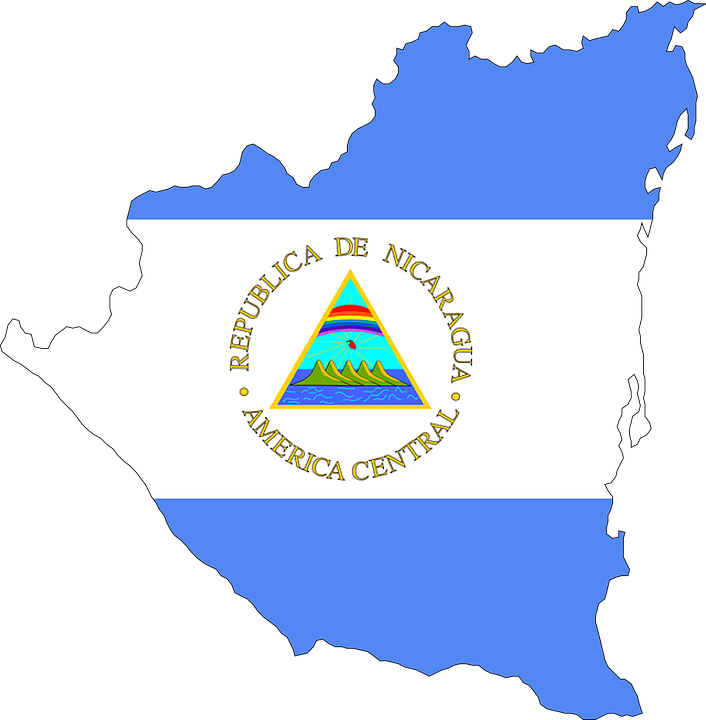Hope for democracy blooming in Nicaragua this fall have disappeared in totality as the Sandinista National Liberation Front (SNLF) completed its political domination of Nicaragua. The SNLF now controls 100% of the country’s 153 municipalities after Sunday’s vote. Critics called the unfair elections a “farce” and “final blow” to any possibility of the country emerging from a totalitarian dictatorship to a representative democracy in the foreseeable future. Election officials say the corrupt municipal elections consolidated Daniel Ortega’s position after an election season void of rallies or demonstrations. The single party regime is a Sandinista-led alliance of eight parties, along with religious and indigenous movements, that encompass the ruling party group labeled “United Nicaragua Triumphs.”
Nicaraguans voted on November 6 in municipal elections after a campaign void of rallies or demonstrations and where opposition and citizen rights are, at best, diminished. The elections are part of an ongoing consolidation of power in the totalitarian regime of Daniel Ortega. Prior to the election Ortega’s party controlled 141 of the 153 municipalities. Ortega previously outlawed opposition parties prior to the vote and jailed dozens of opposition figures, according to a report released this week by the Robert Lansing Institute. One person imprisoned among the clergy by Ortega is an outspoken Roman Catholic bishop. Two years ago, Mgr. Carlos Aviles, a spokesman for the Archdiocese of Managua told the media that the Sandinista government views the Catholic Church as an enemy. He stated the Church “tells the truth” and the people can expect the government’s continued anger, repression, attacks on the clergy and places of worship, and constant surveillance from police outside the parishes. No one in Nicaraguan society is left untouched by the violence and chaos in the state.
“The Inter-American Commission on Human Rights expressed concern that ‘the minimum conditions necessary’ to hold free and fair elections do not exist in Nicaragua. It called on the government to reestablish democratic guarantees and stop the repression,” according to the Institute report. The Ortega government closed down almost 2,000 nongovernmental groups and over 50 media outlets that were among the few remaining dissident voices left in the country. In addition, over 100 civil society organizations were also closed to ensure the one-party takeover. The Lansing Institute identifies the dictatorship as closer in structure to that found in China and Cuba than to a far leftist government.
Although Ortega began the takeover of municipalities in 2018, he has a long history of insurrection in Nicaragua dating back to the 1980’s. Four years ago, massive street protests broke out across the country. Since that time more than 200,000 Nicaraguans have fled the Central American state, with most crossing over the southern border into Costa Rica. With public support lagging, Ortega expanded his power and harsh rule to avoid business leaders from allying to oppose him. In 2020, a CIS-Gallup poll concluded that 70% of the population opposed the Ortega regime, with more than half saying Ortega was doing a “poor” job. Since Ortega’s fourth consecutive and uncontested presidential election win last year, he has cracked down harder on opposition voices. In July, police ousted five opposition mayors who belonged to a party disbanded by electoral authorities and replaced them with allies. The culmination of the process this week has an aim of “imposing a dynastic dictatorship with absolute power, where ungovernability, political polarization and anarchy predominate, because the population no longer trusts the security forces, and there’s no more balance of powers,” notes the report.
Cuba, Venezuela, and Russia praised the election outcome, while President Biden labeled it a “pantomime election that was neither free nor fair, and most certainly not democratic.” Although promising to help the poor and create a fair system, Nicaragua remains the second poorest country in the western hemisphere. Ortega appointed his wife to a vice president position and other family members to top leadership posts. The lack of a free and independent judicial system ensures that Ortega’s dictatorship will continue as opposition figures are muzzled, thrown in jail, or disappear.
Daria Novak served in the U.S. State Dept.
Illustration: Pixabay
